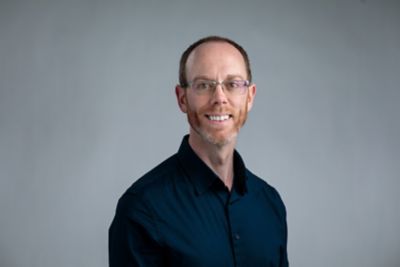
The Politics of Legally Proving Sexuality
What happens when legal systems must determine someone’s sexuality?
July 2022
What happens when legal systems must determine someone’s sexuality? That is the question at the heart of my recent book, Sorting Sexualities: Expertise and the Politics of Legal Classification. In that book, I contend that the kind of expertise informing legal decision-making is central to answering this question, as are the political skirmishes surrounding decisions about who wields that expertise.
I examine two legal domains—LGBTQ asylum and sex offender civil commitment—where adjudicators must decide what an individual’s sexuality is and whether it puts them at risk of harm or, alternatively, poses harm to the community. While these are starkly divergent cases, and one deals with humanitarian relief while the other concerns criminal and civil punishment, they present very similar issues.
In the case of LGBTQ asylum law, I found that charged battles over how someone could “prove” they are LGBTQ (a requisite for receiving asylum based on sexuality or gender identity) were informed by human rights experts, legal advocates, and sympathetic scholars who were usually anthropologists and sociologists. This hybrid network of expertise was able to move standards for proving sexuality away from a focus on the body—such as through the use of gendered stereotypes of the effeminate gay man or butch lesbian—toward narrative accounts of identity development. This move, I found, made for a more expansive understanding of sexuality that took into account the social structuring of sexual identity and expression.
Conversely, in the domain of sex offender civil commitment, where decision-makers must determine if an offender has a “paraphilia” (i.e., an abnormal sexual desire) that poses a risk to others, forensic psychologists look specifically to the body to inform their decisions. They use technologies meant to “objectively” read the body, such as polygraphs and penile plethysmographs. The latter of these technologies is particularly controversial. Indeed, it became a lightning rod for LGBTQ asylum advocates when it was revealed that the Czech Republic was using it to assess asylum seekers. Those critics faulted it for its invasive nature and questionable scientific track record but also, notably, for its failure to account for the cultural specificity of sexual desire.
These divergent approaches to measuring and determining people’s sexualities communicate very different understandings of what sexuality is. Is it something that exists inherently in one’s body? Or is it something that is malleable and shaped by culture? Or does it fall somewhere in between?
How we answer those questions shapes how we govern sexuality and sexual subjects in our society. And the forms of expertise that inform those legal decisions help legitimate those governance strategies. Today, as legislators and courts weigh urgent questions around sexuality and the rights of sexual and gender minorities, it is all the more imperative that we, as researchers, pay attention to how those decisions are made and the forms of science and expertise that help make them.




